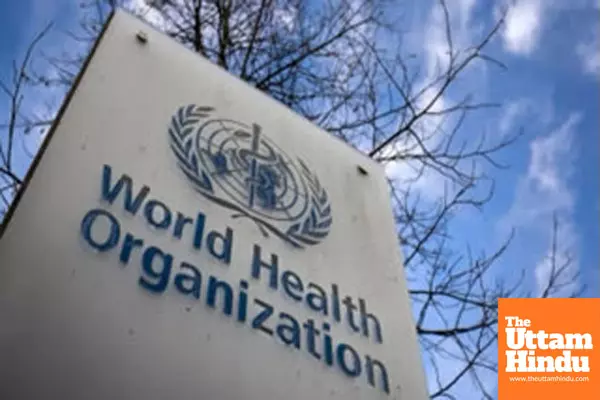
Birth Defects Lead to the Death of Around 300 Children Under 5 Daily in South-East Asia

New Delhi (The Uttam Hindu): Birth defects result in the deaths of around 300 children under five each day in the South-East Asia region, according to the World Health Organization (WHO), ahead of World Birth Defects Day on March 3. World Birth Defects Day is observed annually to raise awareness about prevention programs and improve the quality of care for those affected by congenital anomalies, disorders, or conditions.
“Over the past 20 years, the role of birth defects in causing deaths among children under 5 has grown from 3.9% to 11.5% in our region,” said Saima Wazed, Regional Director for WHO South-East Asia. “Birth defects are now the third leading cause of death (11%) for children under 5 in this region, with about 300 children dying every day. They also cause serious health problems, which are often overlooked or ignored,” she added.
The WHO is urging countries to raise awareness about birth defects and enhance health systems to address the unique health, developmental, and emotional needs of affected individuals. This includes efforts to prevent, detect, and manage these conditions. Birth defects significantly impact an individual's quality of life and put a heavy strain on families, communities, society, and healthcare systems.
Although genetics play a major role, Wazed pointed out that many birth defects can be prevented through proper health system interventions.
“Measures like rubella vaccination, managing sexually transmitted infections during pregnancy, and addressing environmental factors such as pollution, lifestyle choices, and socioeconomic conditions affecting pregnant women and fetuses can help prevent birth defects,” she said.
Wazed also called for greater investment in women, girls, adolescents, and vulnerable groups. In addition to focusing on birth defects, she emphasized the need to improve health systems for early detection and management, including introducing and expanding newborn screening tests for birth defects and other conditions. “Countries should invest in building or improving birth defect surveillance systems, with a focus on gathering, analyzing, and using data to inform program decisions,” the Regional Director concluded.

